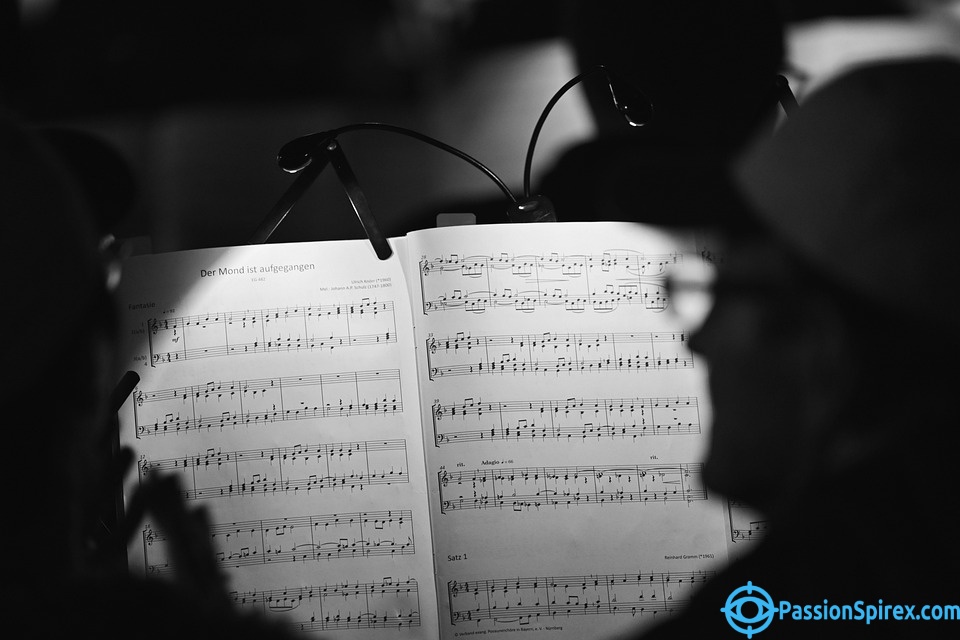The Fascinating History of Opera: A Journey through Time and Technique
The enchanting world of opera has a history that spans centuries, captivating audiences with its powerful music and emotional storytelling. This art form showcases the talent of singers and musicians, combining intricate vocal techniques with elaborate stage productions. Let’s delve into the rich history of opera and explore how it has evolved over time.
Introduction to Opera
Opera originated in Italy during the late 16th century, blending music, drama, and visual arts to create a unique theatrical experience. It quickly gained popularity across Europe, with composers like Monteverdi, Handel, and Mozart contributing to its growth and development.
The Birth of Opera
The first opera, “Dafne,” was composed by Jacopo Peri in 1598, setting the stage for a new form of entertainment that would captivate audiences for generations to come. Over time, opera evolved to include intricate vocal styles, elaborate sets, and dramatic storylines.
The Baroque Era
During the Baroque era, opera reached new heights of popularity, with composers like Handel and Vivaldi creating masterpieces that showcased the virtuosity of singers and musicians. Opera seria, a serious form of opera, became a staple of the Baroque period, featuring tragic stories and heroic characters.
The Classical Era
In the Classical era, composers like Mozart and Gluck revolutionized opera with their innovative approaches to storytelling and music. Mozart’s operas, such as “The Magic Flute” and “Don Giovanni,” are still performed today and are beloved by audiences around the world.
The Romantic Era
The Romantic era brought new depth and emotion to opera, with composers like Verdi and Puccini creating powerful works that explored themes of love, tragedy, and redemption. Operas such as “La Traviata” and “Madama Butterfly” continue to be staples of the operatic repertoire.
Modern Opera
In the 20th and 21st centuries, opera has continued to evolve, with composers like Britten and Glass pushing the boundaries of the art form. Modern operas often explore contemporary themes and incorporate innovative staging techniques to engage audiences in new ways.
Conclusion
The history of opera is a fascinating journey through time and technique, showcasing the evolution of this unique art form. From its humble beginnings in Italy to its modern-day interpretations, opera continues to captivate audiences around the world with its powerful music and emotional storytelling.
FAQs
1. What is the oldest opera still performed today?
2. How long does it take to train as an opera singer?
3. What is the difference between opera seria and opera buffa?
4. Are subtitles provided at opera performances for non-Italian speakers?
5. How can I introduce children to the world of opera?
6. Do all operas have tragic endings?
7. What is the significance of the aria in opera?
8. Are there any famous operas composed by women?
9. How has technology impacted the staging of opera productions?
10. Can opera singers perform without microphones?

